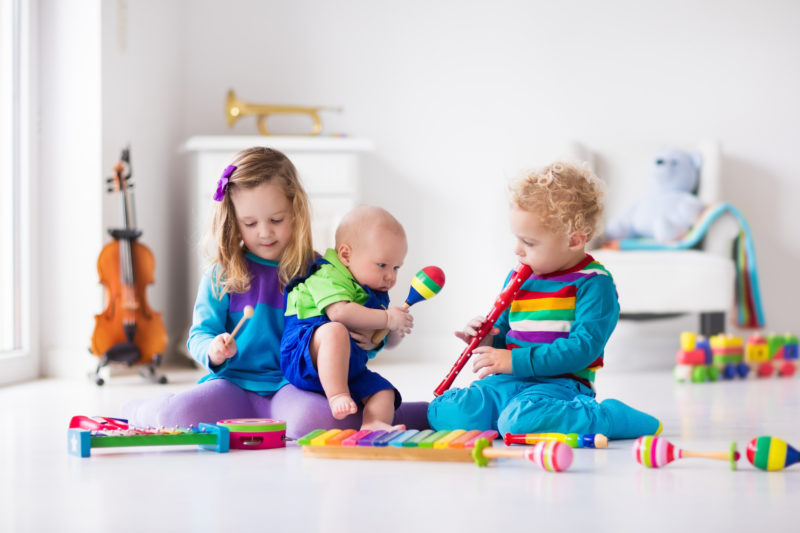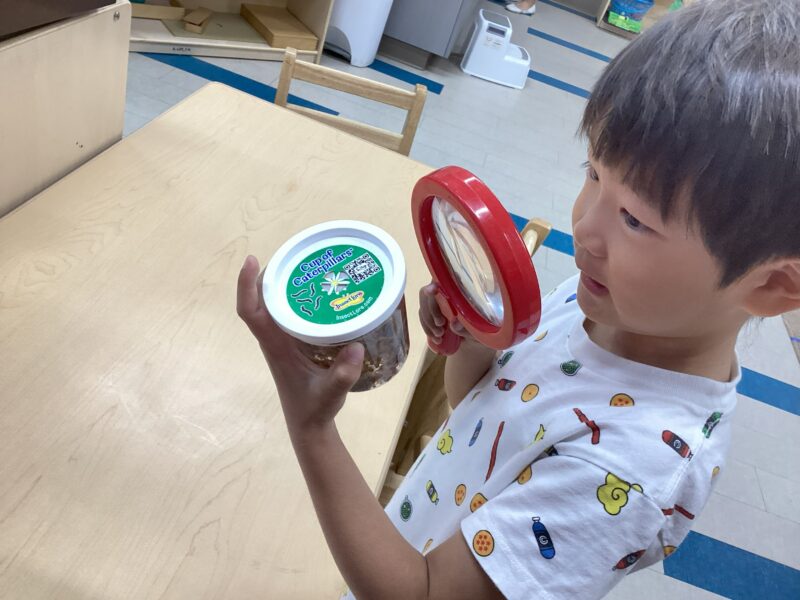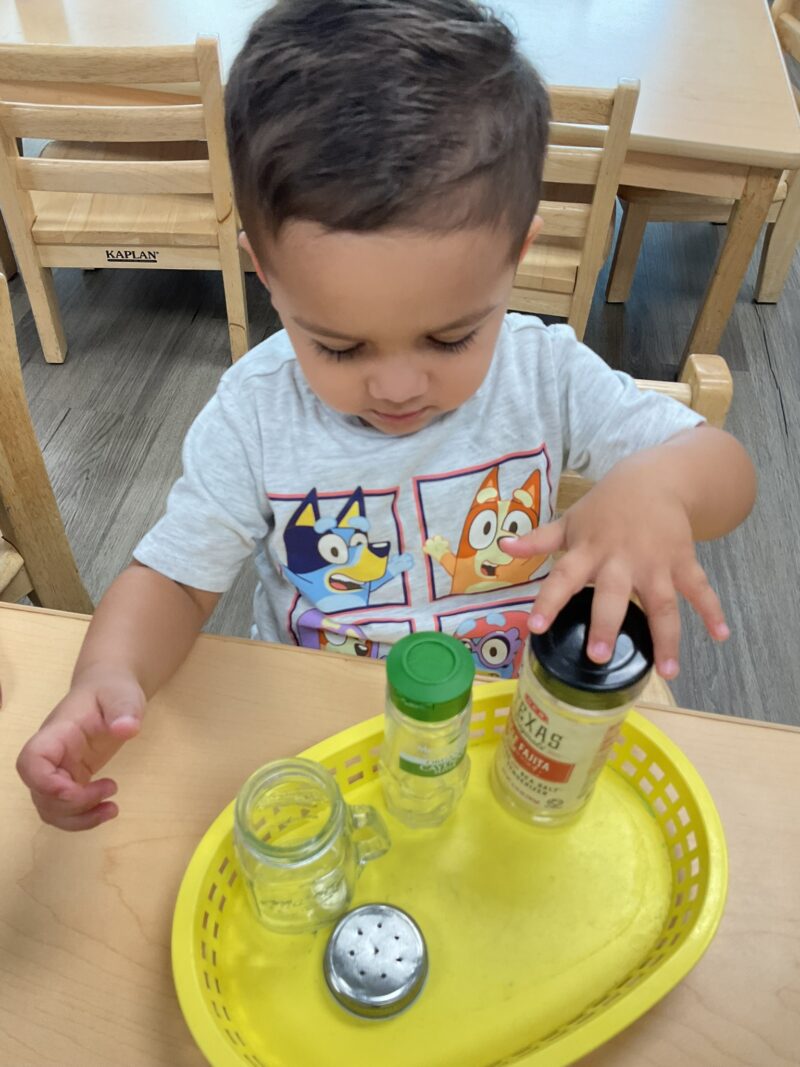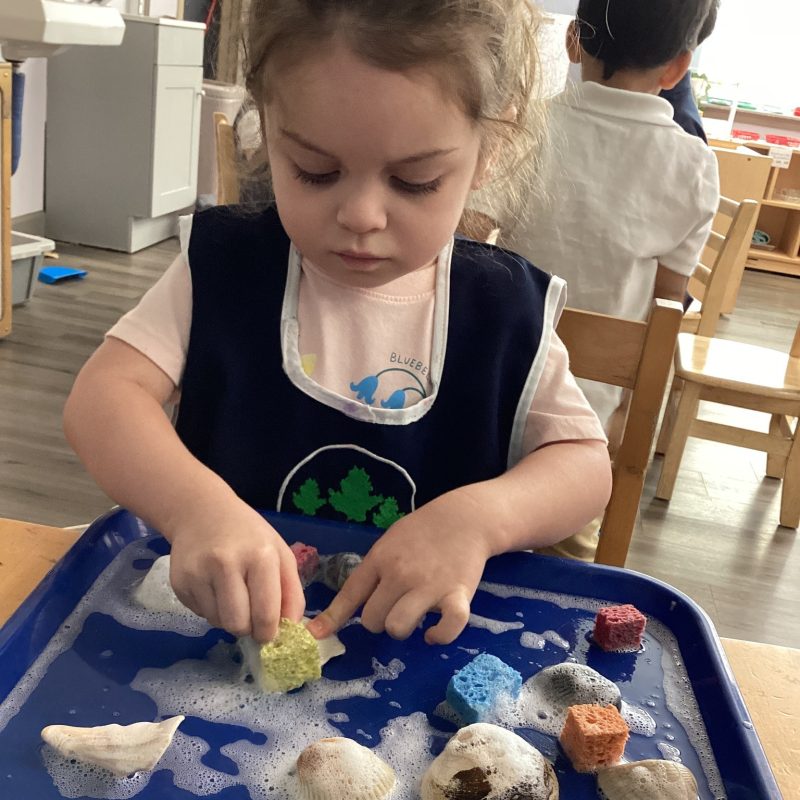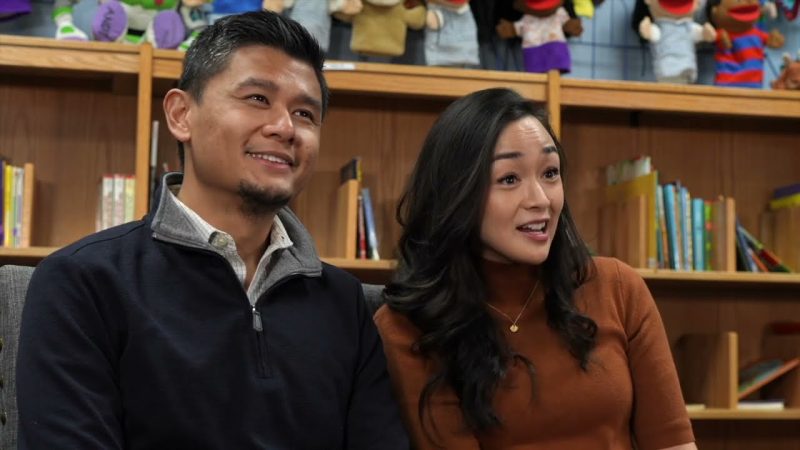Not all classrooms have 4 Walls
Hey there. Steve Whewell with ExcellED Montessori. Today’s topic…not all classrooms have 4 walls.
Look. A classroom is a wonderful place for education. I’ve supervised classrooms for the last 20 years and have seen children achieve…but let’s be real. Life does not happen in a bubble and some of the greatest learning takes place not when a child walks into a classroom…but rather when a child walks out of it.
There is an infinite amount of lessons outside just waiting to be discovered. Outside we can capitalize on a child’s natural desire to learn. The simple statement, “Ok children, let’s go outside,” immediately stirs children to action and ignites their sense of exploration.
Outside:
- Social skills are enhanced.
- Fresh air fills their lungs.
- Movement is free and unrestricted.
Taking children outside to enrich their learning experience…just…makes…sense.
And when it comes to comprehension, there’s a huge difference between being taught a lesson and actually experiencing it. When you are taught to take care of animals because you read a story about it in your textbook, you understand it’s a good thing to do. But when you find an injured bird on the playground and nurse it back to life, you know you made a difference, and you learned a lesson in biology and empathy that you will never forget.
Learning cannot be constrained in a textbook. Learning cannot be bound in a building. Not all classrooms have four walls.
This has been the Excellerator with Steve Whewell.
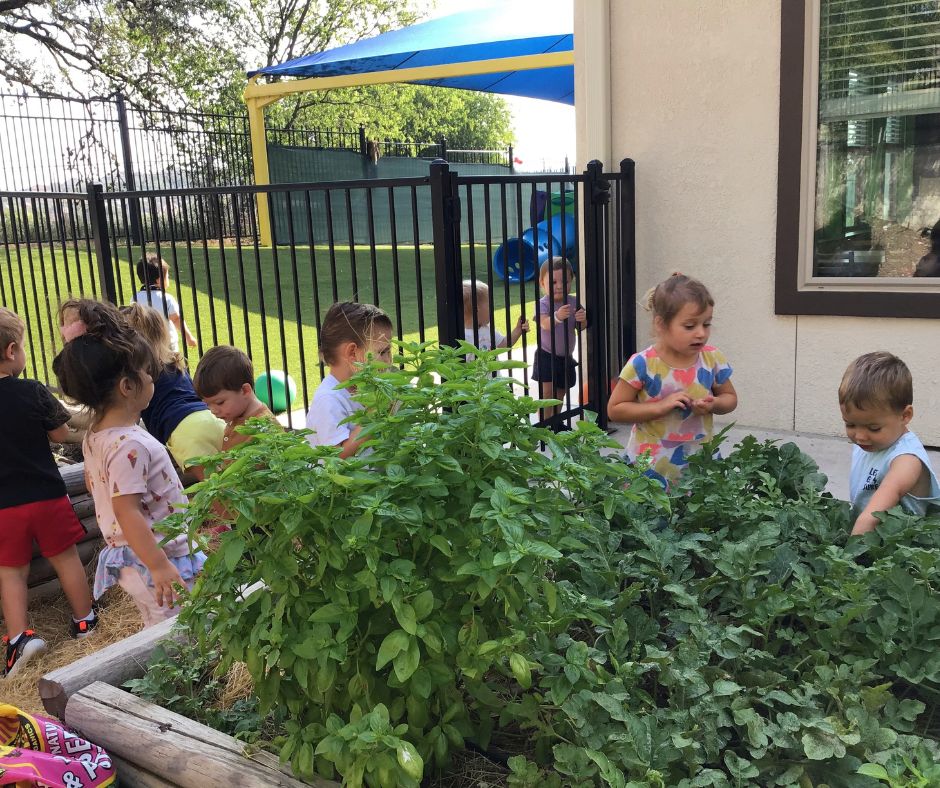
Not all classrooms have four walls refers to the idea that traditional classroom settings, with four walls, a roof, and a door, is not the only way or place to learn. It means that learning can take place in many different environments, not just the traditional physical setting of a classroom. This can include online learning, outdoor classrooms, or other non-traditional spaces such as museums, community centers, or even homes. It also implies that the boundaries of a “classroom” are not limited to four walls and that learning can happen anytime, anywhere. This concept is often associated with the idea of a “boundaryless” or “flexible” classroom that can facilitate more personalized and diverse learning experiences for students.
Outdoor play has many benefits for children, including:
- Physical health: Playing outside allows children to engage in physical activity, which can help them develop strong bodies and improve overall fitness.
- Mental health: Being in nature has been shown to reduce stress and improve mood.
- Cognitive development: Outdoor play can also support cognitive development by allowing children to explore and engage with the natural world, which can help them develop problem-solving skills and creativity.
- Social development: Outdoor play often involves group activities, which can help children learn how to work together and develop social skills.
- Exposure to nature: spending time outside can help children develop an appreciation for nature and the environment, which can foster a sense of stewardship for the planet.
- Creativity and imagination: outside playgrounds and equipment can inspire children to use their imagination and creativity in play.
- Vitamin D: Sunlight exposure is essential for the body to produce Vitamin D, which is important for bone health and the immune system.





Programs offered at ExcellED Montessori Plus include:
✔️Infants (10 Weeks – 18 Months)
✔️Toddlers (18 – 36 Months)
✔️Primary (3-6 Years)
✔️Kindergarten
✔️Mother’s Day Out
✔️Spanish Immersion / Dual Language
✔️After School Programs and Summer Camp (6 – 12 Years)
Music, Spanish, and Yoga are other programs included as part of the tuition.
Learn more about Inquiry-based Learning
Subscribe to Newsletter
Oct 2020 Newsletter
“Not all classrooms have four walls” – Life does not happen in a bubble and some of the greatest learning takes place not when a child walks into a classroom…but rather when a child walks out of it.


